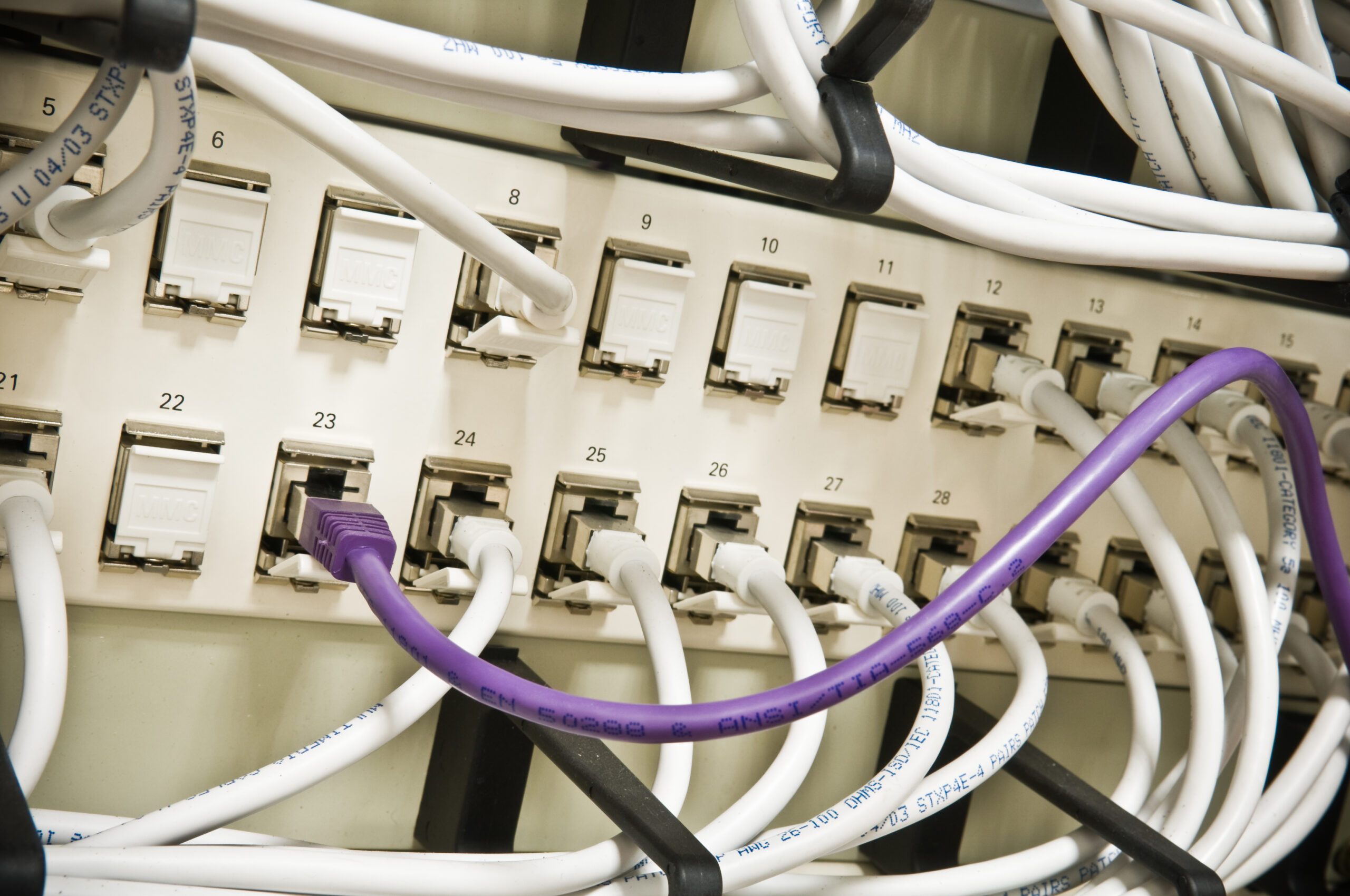Sept. 18 (Bloomberg) — The National Security Agency’s collection of phone records complies with the Constitution, and the government has shown it’s necessary to efforts to prevent terrorism, a U.S. court said in an opinion released yesterday.
Members of Congress were notified or given the opportunity to be notified about the intelligence-gathering and they reauthorized the USA Patriot Act section that allows it, according to the opinion by a judge on the Foreign Intelligence Surveillance Court, which oversees NSA’s surveillance programs.
The ruling also said that no telephone company has challenged the government’s authority to collect the records.
The court released the July opinion by U.S. District Court Judge Claire Eagan, who serves on the secret court. The judge wrote that she was requesting that her opinion be released “because of the public interest in this matter.”
The program was disclosed by former U.S. government contractor Edward Snowden, who fled to Russia, where he has temporary asylum. The NSA collects bulk phone records, such as numbers and call durations, under a USA Patriot Act provision that lets the government compel U.S. companies to turn over “any tangible thing” that is relevant to a terrorism probe.
Eagan wrote that because “it is necessary to obtain the bulk collection of a telephone company’s metadata to determine those connections between known and unknown international terrorist operatives,” the government has shown that the program doesn’t violate the Constitution’s Fourth Amendment protection against unreasonable searches and seizures.
NATIONAL SECURITY
The government’s interest in acquiring information “when it is attempting to thwart attacks and disrupt activities that could harm national security” is greater than when it is investigating domestic crimes, the judge wrote.
Director of National Intelligence James Clapper said in a statement that the release of the previously classified opinion “is consistent with the president’s call for more transparency on these valuable intelligence programs.”
Nate Cardozo, an attorney with the Electronic Frontier Foundation, a San Francisco-based privacy group that has sued the government to stop the program, said the court order is flawed because it assumes that all lawmakers were given the opportunity to learn the NSA was collecting and storing phone records in bulk.
The opinion “hangs its hat on the fact that Congress approved the program and that’s, as a matter of fact, not true,” Cardozo said in an interview.
“This is a single judge only hearing one side of the argument,” Cardozo said. “Now we know for certain that no telecom has ever stood up for the rights of its users.”
Cardozo said the court also is wrong to conclude that phone customers don’t have a reasonable right to privacy when it comes to their records.
Eagan’s order reauthorizes the program until Oct. 11.
–Editors: Elizabeth Wasserman, Michael Shepard
To contact the reporters on this story: Laurie Asseo in Washington at lasseo1@bloomberg.net; Chris Strohm in Washington at cstrohm1@bloomberg.net
To contact the editor responsible for this story: Bernard Kohn at bkohn2@bloomberg.net

